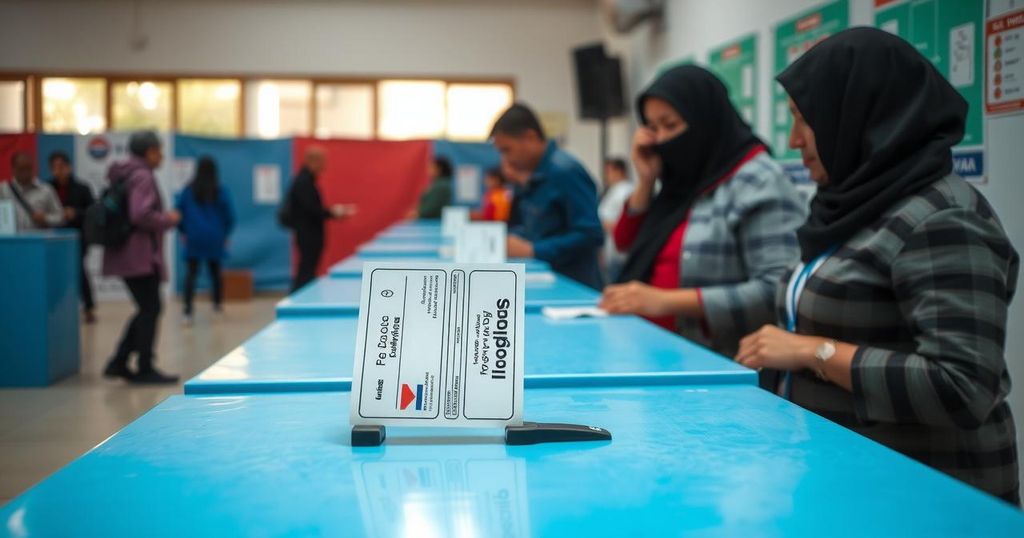Bolivia’s Judicial Elections: A Case Study in Democratic Challenges and Lessons for the Region

Bolivia’s unique practice of electing top judges is fraught with controversy, raising concerns about the politicization of the judiciary and impacting democracy. Many voters remain apathetic and uninformed while elections face delays due to political infighting. The outcome of these elections could also influence Mexico’s approach to similar reforms, which aims to address corruption and enhance judicial integrity.
Bolivia uniquely conducts elections for its highest judicial positions, a controversial practice that has raised concerns regarding its impact on democracy. In La Paz, where campaigning is formally prohibited, some candidates resort to creative methods such as featuring their images on snacks or embedding slogans in official voting materials. Many voters remain apathetic, unsure of whom to support, with some claiming they might vote by flipping a coin. Critics argue that judicial elections shift courts away from impartiality towards political affiliations, ultimately undermining the judiciary’s credibility.
The history of Bolivia’s judicial elections stems from a reform initiated by former President Evo Morales in 2009, intended to diminish corruption and enhance democratic processes. However, these elections have led to a perceived politicization of the judiciary, transforming judges into political pawns rather than neutral arbiters. The current electoral process has faced multiple delays, exacerbated by internal party conflicts, and only a portion of the Constitutional Court’s seats are contested this year, further complicating the situation.
As Bolivia prepares for its elections, the outcome will not only be significant for Bolivian politics but may also influence similar reforms in Mexico, where recent changes to the justice system echo Bolivia’s contentious experiences. Experts and observers are closely monitoring the developments, questioning the viability of judicial elections in fostering genuine democracy.
Bolivia’s judicial election system is unparalleled globally, as it allows voters to elect top judges, a method acclaimed by some as a democratic reform and criticized by others for politicizing the judiciary. The recent elections, pushed forward amid political conflicts, echo wider regional trends of judicial reform. Analysts have raised alarms about the implications of such electoral systems on the independence of judicial institutions in Bolivia and across Latin America, particularly in countries like Mexico.
In summary, Bolivia’s judicial elections epitomize a complex interplay between democracy and politicization within the judiciary. The upcoming elections serve as a litmus test for the viability of this electoral approach and its implications for the rule of law in the region. Many are questioning whether such a model promotes or hinders genuine democratic values, with the global community watching closely for outcomes that may influence similar reforms in other nations.
Original Source: abcnews.go.com






